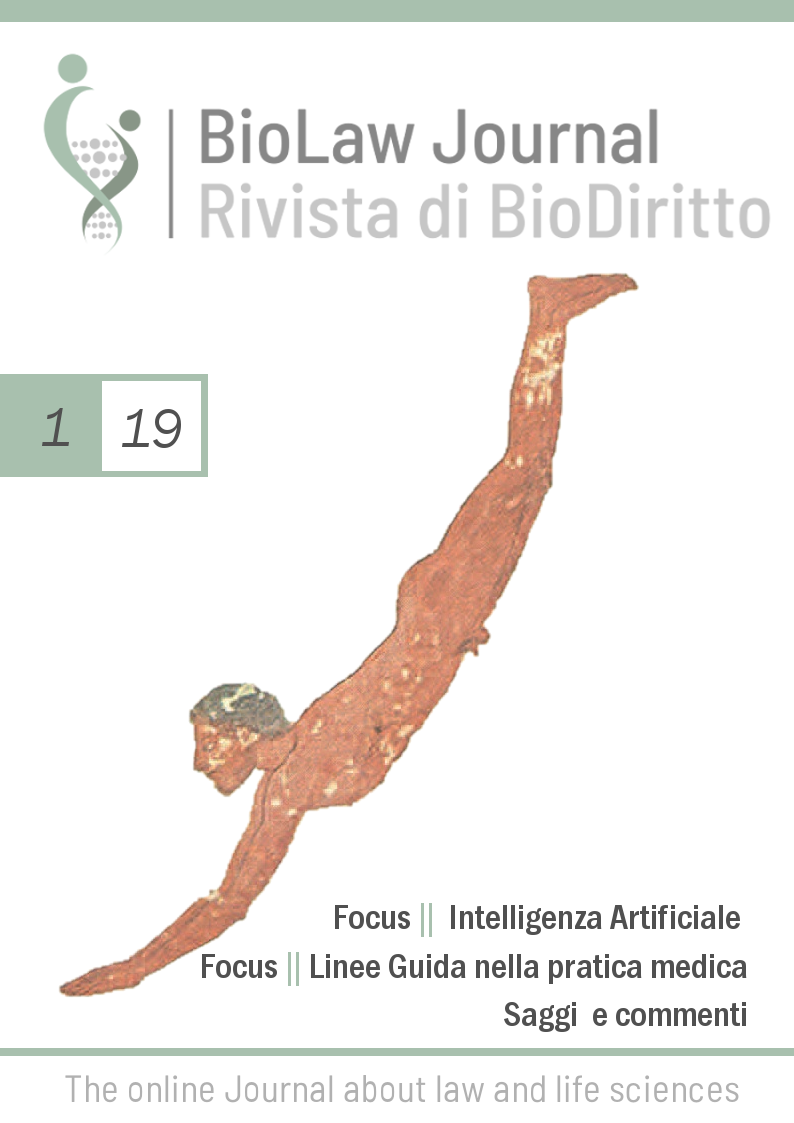L’algoritmo incostituzionale: intelligenza artificiale e il futuro delle libertà
DOI:
https://doi.org/10.15168/2284-4503-352Parole chiave:
Algorithmic State, Artificial Intelligence, Constitutional Law, Cybernetics, GDPRAbstract
Today a growing number of decisions affecting human liberties are taken by algorithms. This evidence raises a vast number of questions concerning the transparency of such tools, the legal and ethical framework for algorithmic decision-making and the societal and cognitive impacts of such algorithmic automation. Starting from Wiener’s fascinating invention of “cybernetics”, which demonstrated the original link between this new science and the very idea of “public government”, this paper maps the inherent tension between AI and law. It focuses firstly on the impact of “cybernetic revolution” on constitutional law, considering the technological switch from “means” to “subject” and then analyses some cases involving the use of predictive algorithms in the fields of criminal and administrative law. The paper then examines and criticizes the standards set by GDPR to provide effective protection for fundamental liberties. It concludes by calling for a new doctrine of “precautionary constitutionalism” through which protection of fundamental rights and the rule of law should be granted within designing new technologies.





